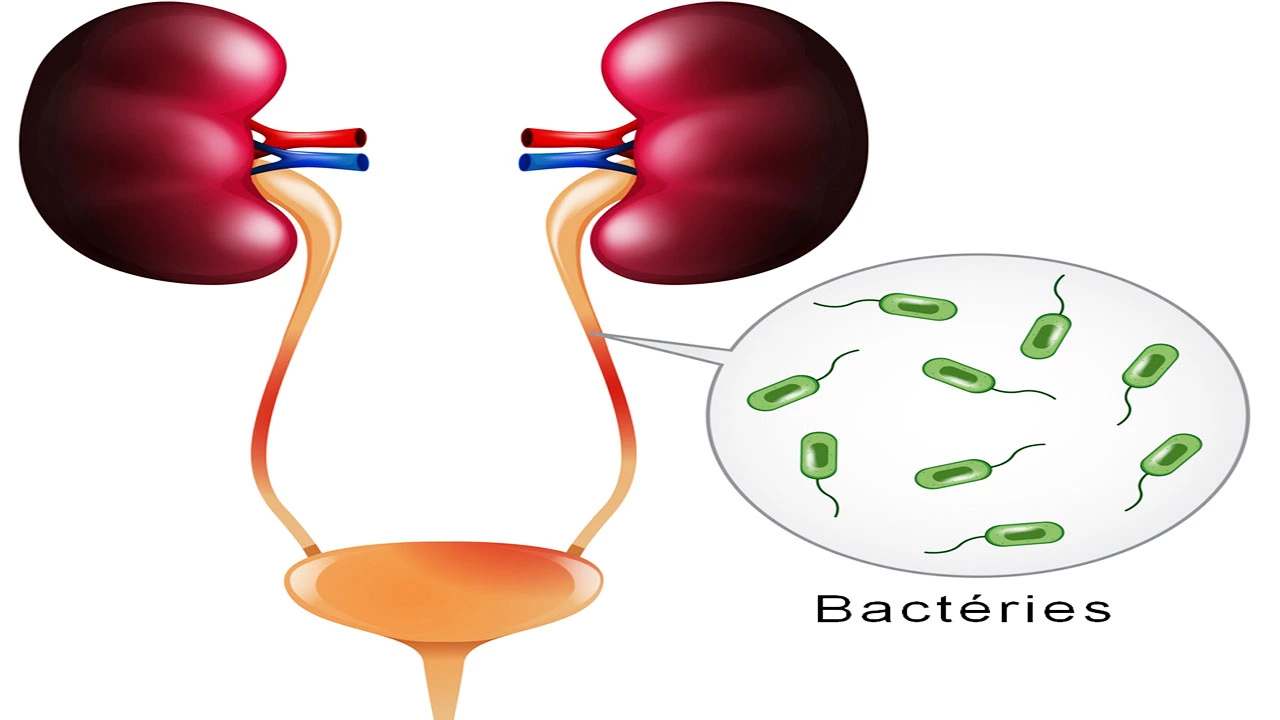Understanding Urinating: What’s Normal and When to Worry
If you’ve ever wondered whether your bathroom trips are normal, you’re not alone. Most people pee anywhere from four to eight times a day, but the exact number can change with fluid intake, temperature, or even stress. The key is noticing patterns – sudden spikes, pain, or odd colors might signal something more than just a busy schedule.
First off, let’s clear up a couple of myths. Drinking less doesn’t make you pee less; it just concentrates your urine, which can irritate the bladder. And skipping bathroom breaks won’t improve your health – in fact, holding it for too long can weaken muscles and increase infection risk.
Common Reasons Your Urinating Changes
1. Hydration levels: Too much water or caffeine can boost frequency, while dehydration makes urine dark and smells stronger. Aim for about 8 cups a day, but adjust if you’re active or live in a hot climate.
2. Diet and meds: Spicy foods, artificial sweeteners, and some antibiotics can irritate the bladder. If you notice a correlation, try cutting them out briefly to see if symptoms improve.
3. Infections: A urinary tract infection (UTI) often shows up as burning, urgency, or cloudy urine. It’s common in women but can affect anyone. A quick doctor visit and antibiotics usually clear it up fast.
4. Prostate health (men): An enlarged prostate can press on the urethra, causing dribbling or weak streams. If you’re over 50 and notice changes, a check‑up is worth it.
When to Call a Doctor About Urinating Issues
If any of these signs appear, it’s time to get professional advice:
- Painful burning or stabbing during urination.
- Blood in the urine (pink or cola‑colored).
- Sudden urge to go that lasts longer than a few seconds.
- Frequent trips (more than 10 times daily) with little output.
- Nocturia – waking up more than twice at night to pee.
These symptoms can hint at infections, kidney stones, diabetes, or even bladder cancer. Early detection makes treatment easier, so don’t wait weeks to schedule an appointment.
In the meantime, you can help your urinary system with a few easy habits:
- Stay hydrated but avoid excessive caffeine and alcohol.
- Practice “double voiding”: finish a bathroom visit, wait a minute, then try again to empty the bladder fully.
- Maintain good hygiene – front‑to‑back wiping for women reduces bacterial spread.
- Do pelvic floor exercises (Kegels) to strengthen muscles that control flow.
Remember, your body gives you clues through how often and how comfortably you pee. Paying attention now can prevent bigger issues later. Keep track of any changes, stay hydrated, and don’t hesitate to reach out to a healthcare professional if something feels off.
Burning Sensation when Urinating: What You Need to Know
Experiencing a burning sensation when urinating can be quite alarming. It's often a symptom of a urinary tract infection (UTI), but it could also indicate other conditions such as sexually transmitted infections or kidney stones. It's crucial to pay attention to other symptoms such as fever, back pain, or cloudy urine to help determine the cause. If you're experiencing this issue, it's advisable to consult a healthcare provider promptly for diagnosis and treatment. Remember, it's always better to be safe than sorry when it comes to potential health issues.
